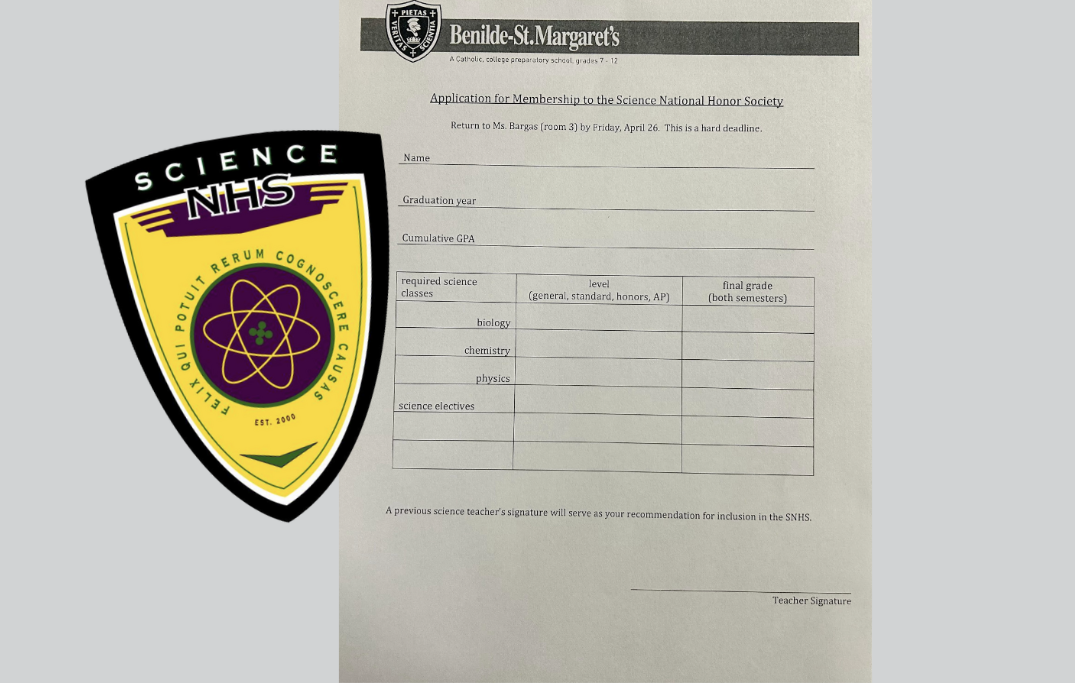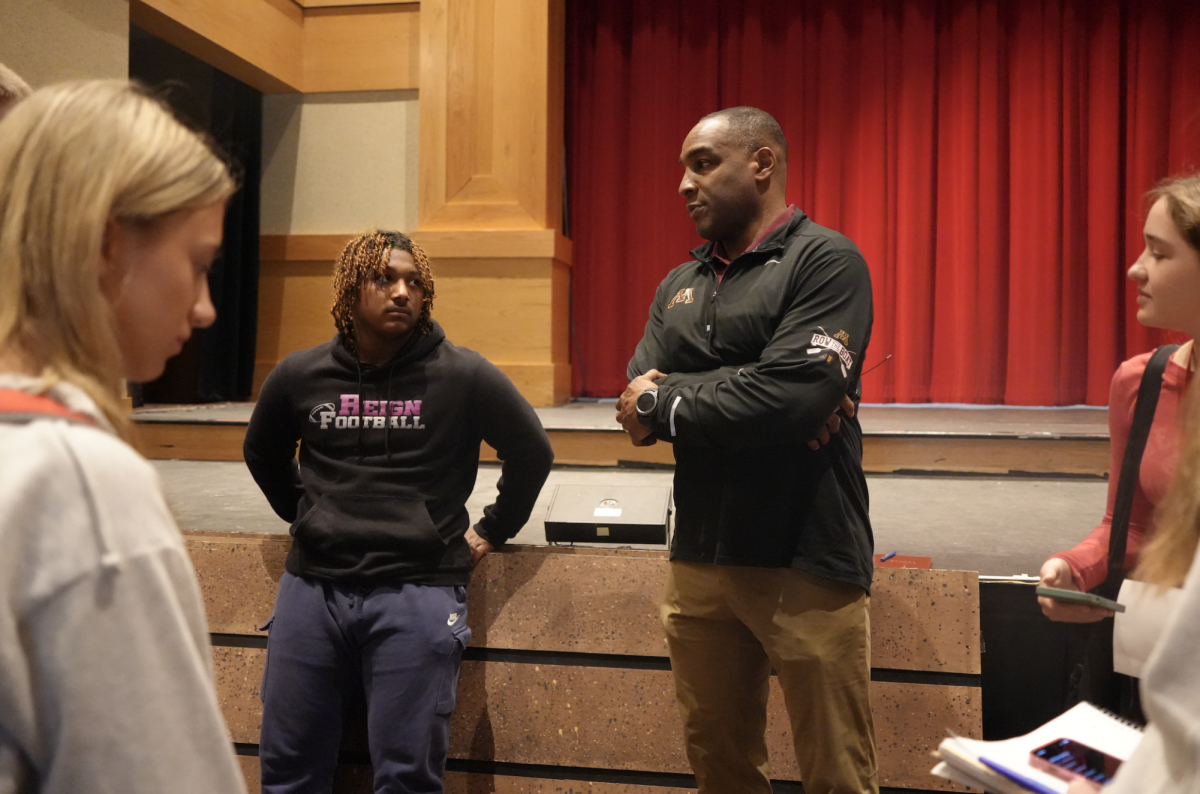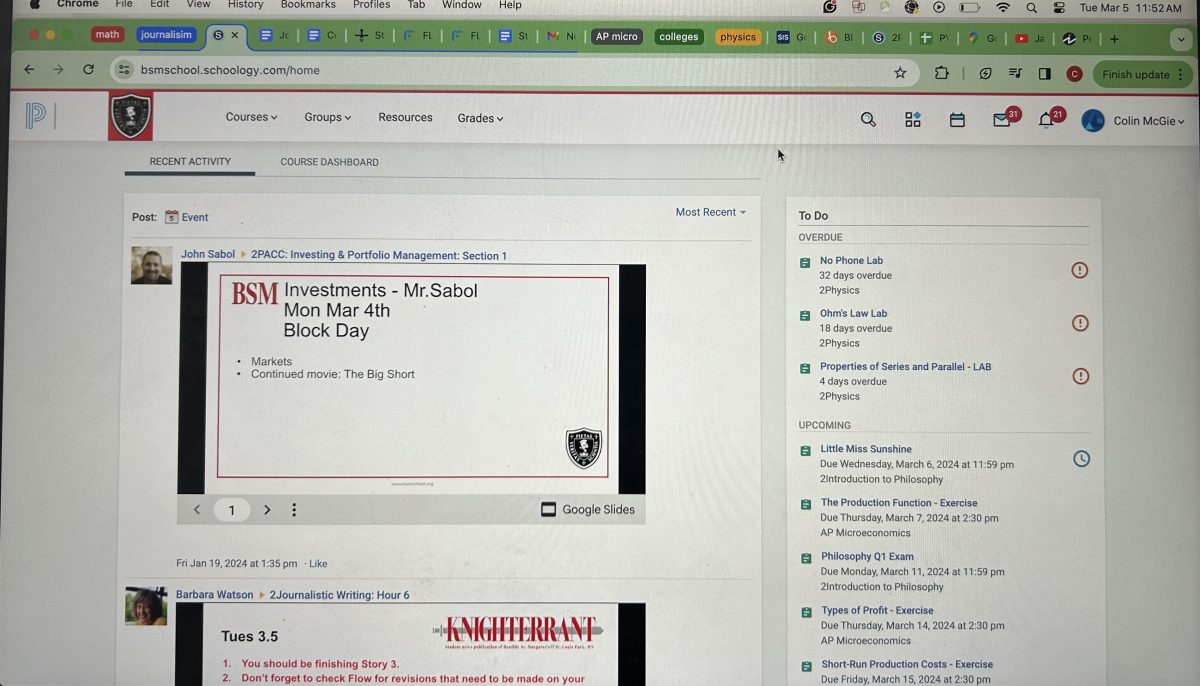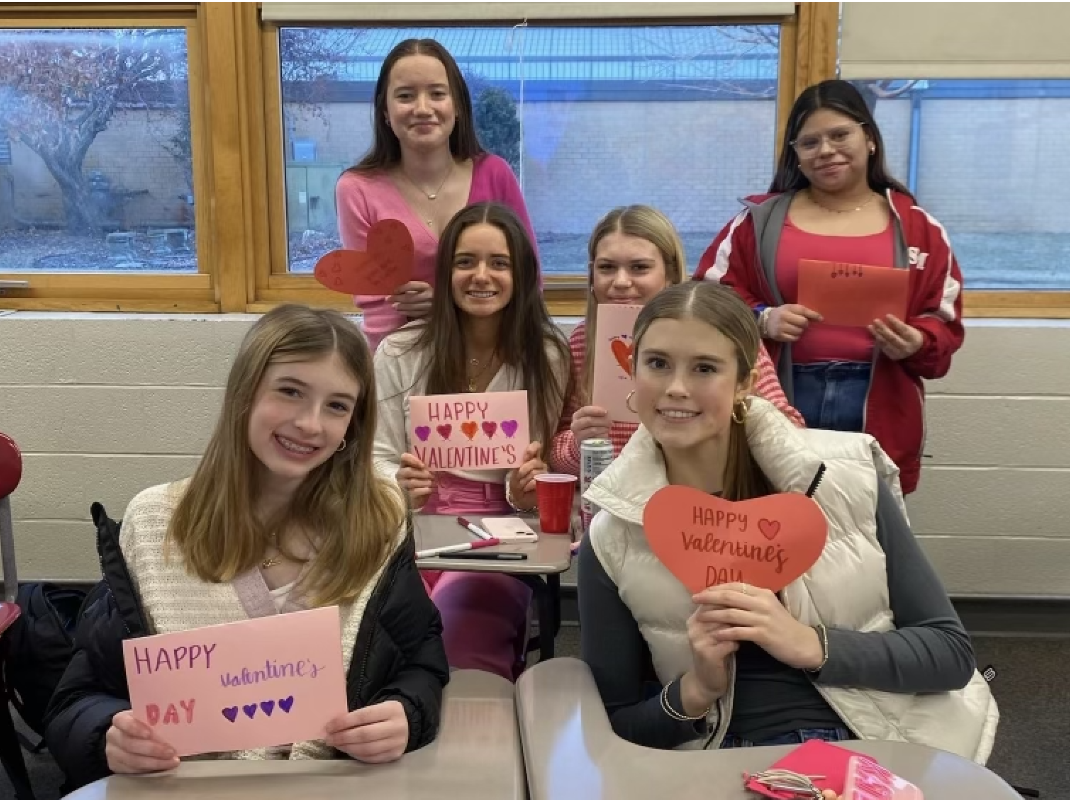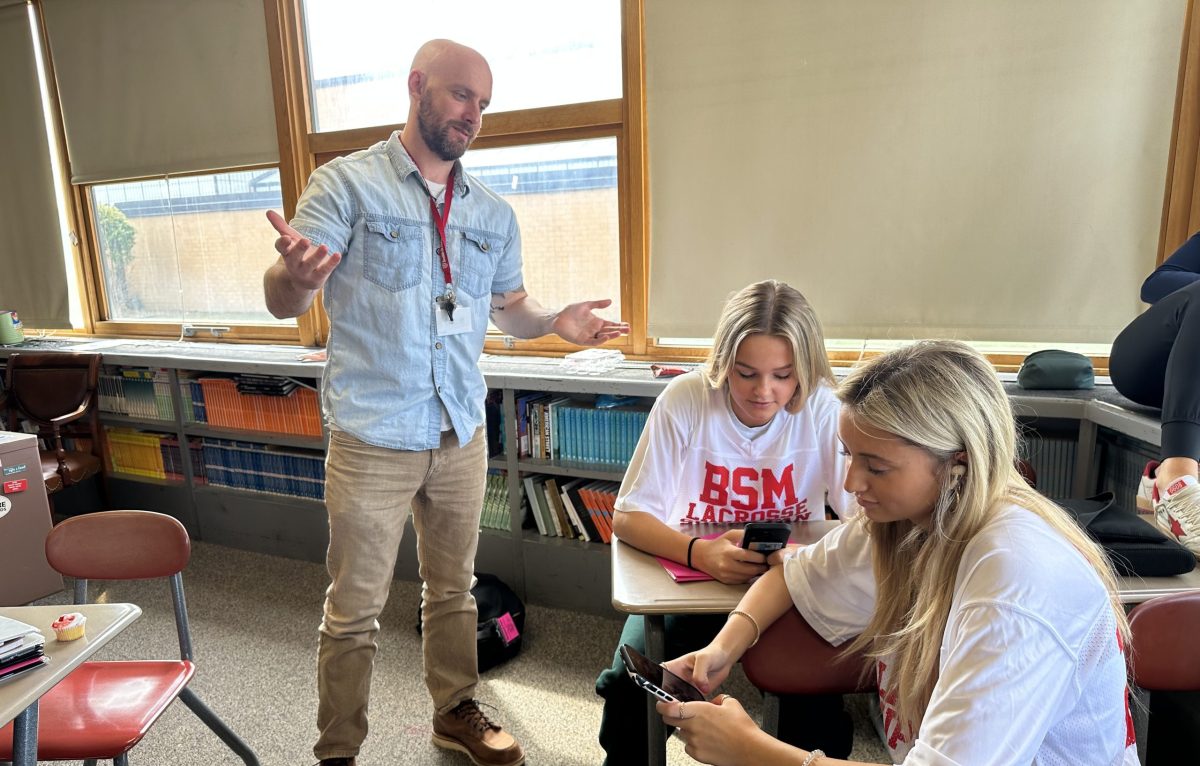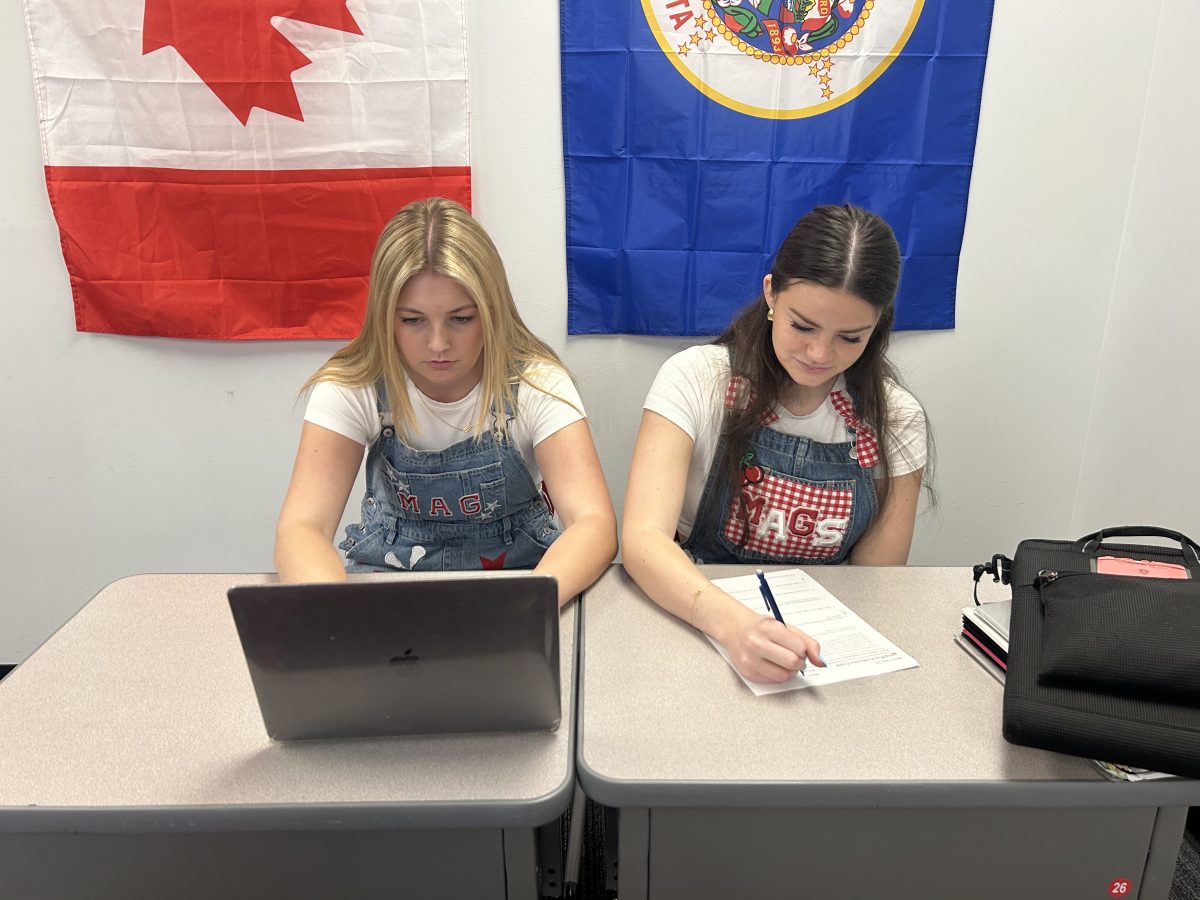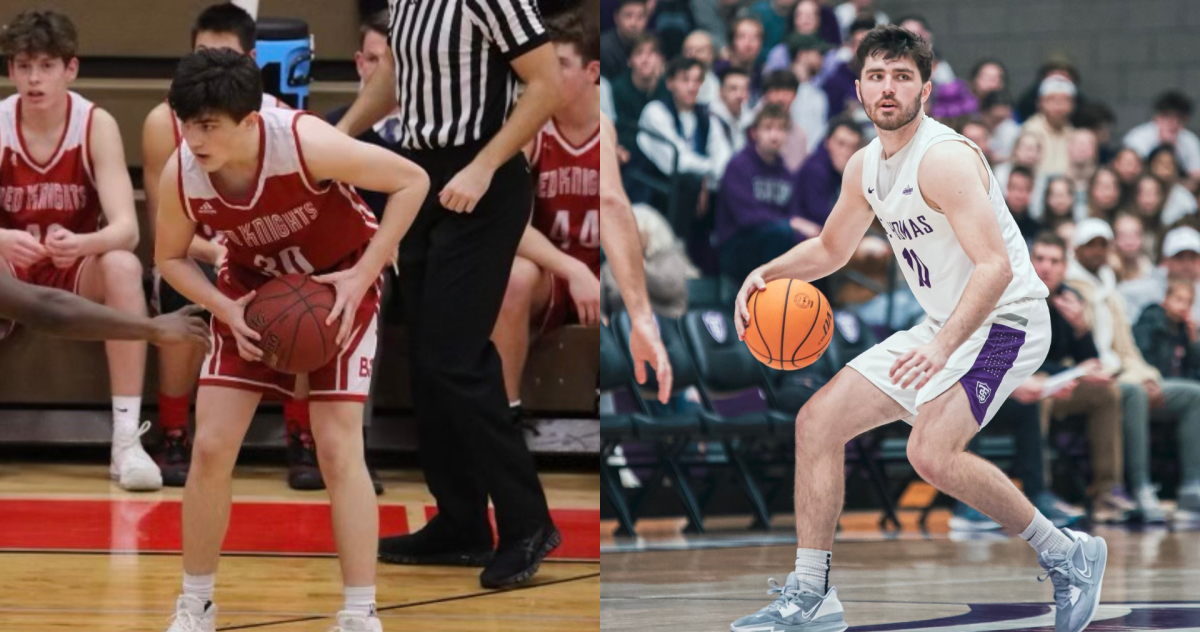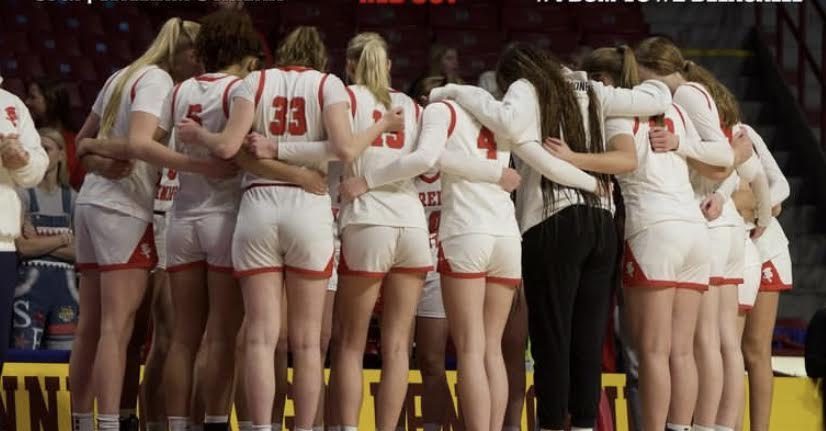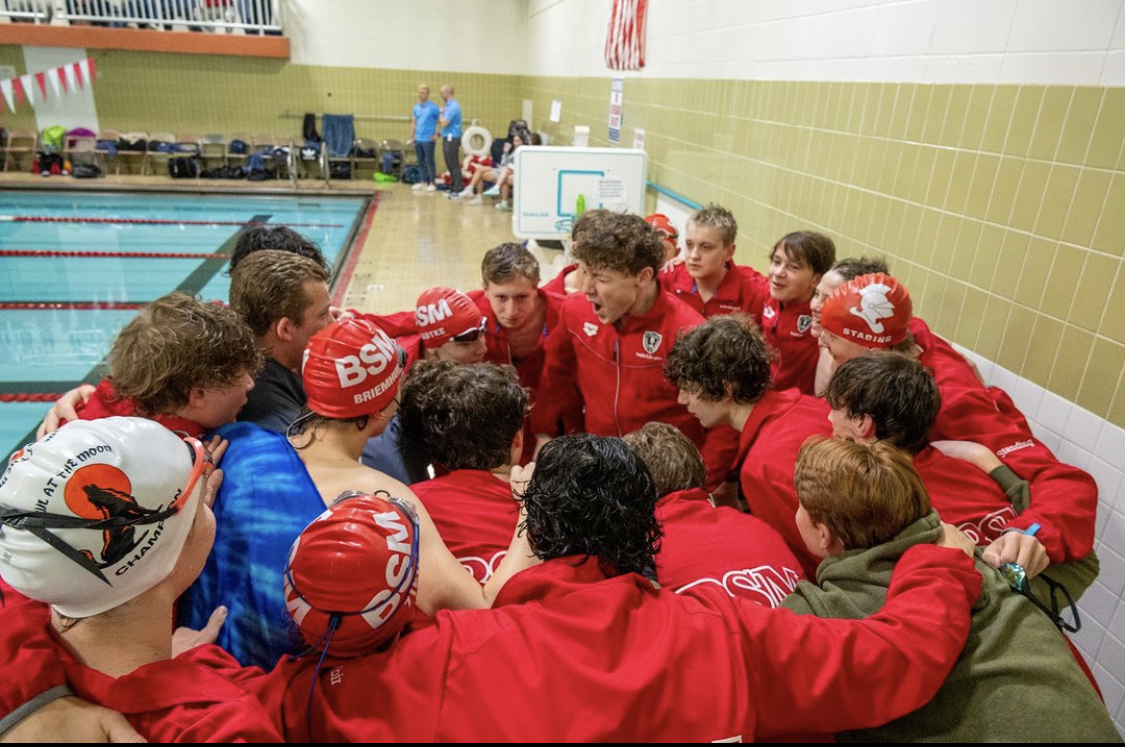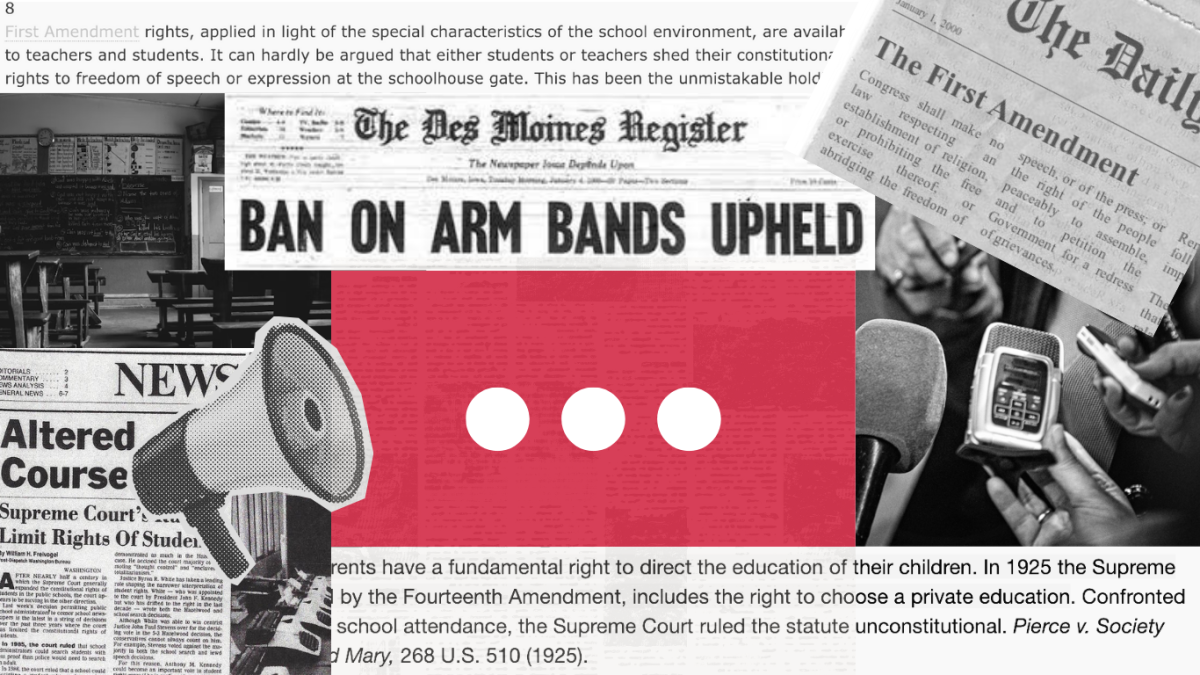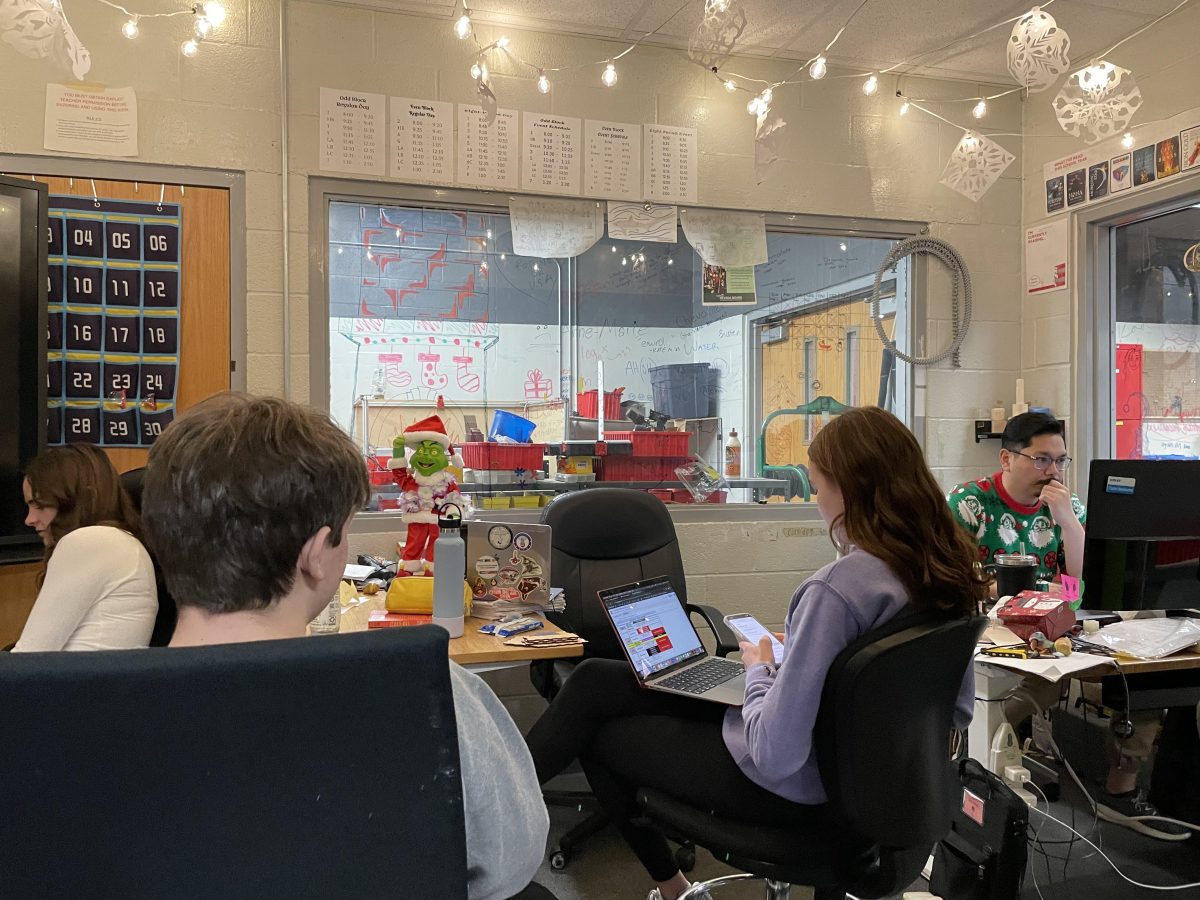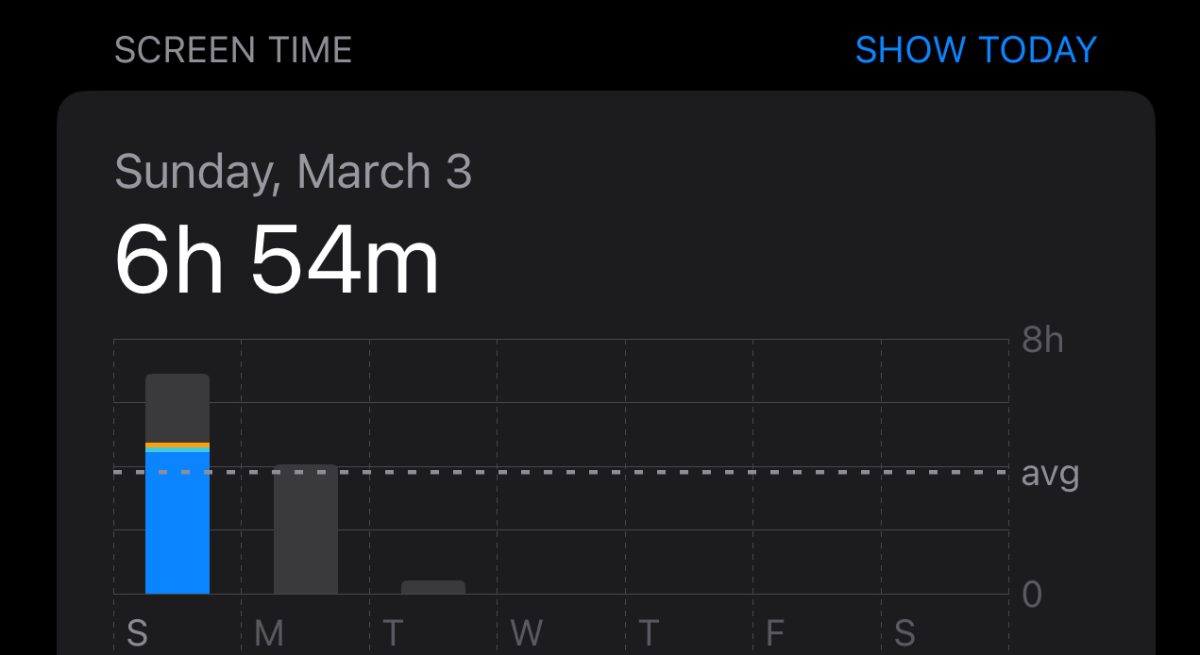In a country that prides itself on its democratic values, it seems inconsistent that one person’s vote would be worth more than another’s. Unfortunately, with a system like the one the democratic party uses to choose presidential candidates, this is exactly the case. The power Superdelegates hold in determining presidential candidates is unfair and wholly undemocratic.
The Superdelegate system was created in 1982, and put into effect for the first time in the 1984 presidential election when the front-runners for the democratic nomination were Walter Mondale and Gary Hart. While both men had won several primaries and caucuses around the country and Hart was only slightly behind Mondale, almost all of the Superdelegate votes went to Mondale and he easily won the election.
Superdelegates, in contrast to standard delegates, are in no way obligated to vote for any particular candidate. Superdelegates choose the candidate whom they personally prefer. This year, there will be about 794 Superdelegates involved in the Democratic National Convention. These delegates are made up of former and current party leaders, ranging from democratic governors to current and former house and senate leaders to all former democratic presidents and vice presidents.
It is estimated that each one of these Superdelegate votes is equivalent to 10,000 of the votes of the average democratic party member. In a democracy, representation should be chosen by the people—each and every person’s opinion should matter just as much as the next. Giving more importance to one vote than to another sends the message that these Superdelegates are more important than the average citizen. Their vote counts thousands of times more than ours while it can hardly be said that they represent equally people of all income levels, races, ages and genders.
Another issue surrounding the Superdelegate system, is that the nominees, in the fight for Superdelegate votes, spend time and money trying to convince these people to support his or her campaign, especially in a close race like this one. Rumors have flown surrounding the personal efforts Obama and Clinton have made towards gaining Superdelegates. Superdelegate Elaine Kamarck, who has endorsed Clinton, said to reporters, “They call you, they send you things, they invite you to things. They have people who know you call you.”
In a race like this one—so close and so groundbreaking, it is imperative that the people have their say, and that each votes counts just as much as the next. If the people choose one candidate, and the convention decides a different fate for the democratic party, it would be a disgrace to the core of our political system.

